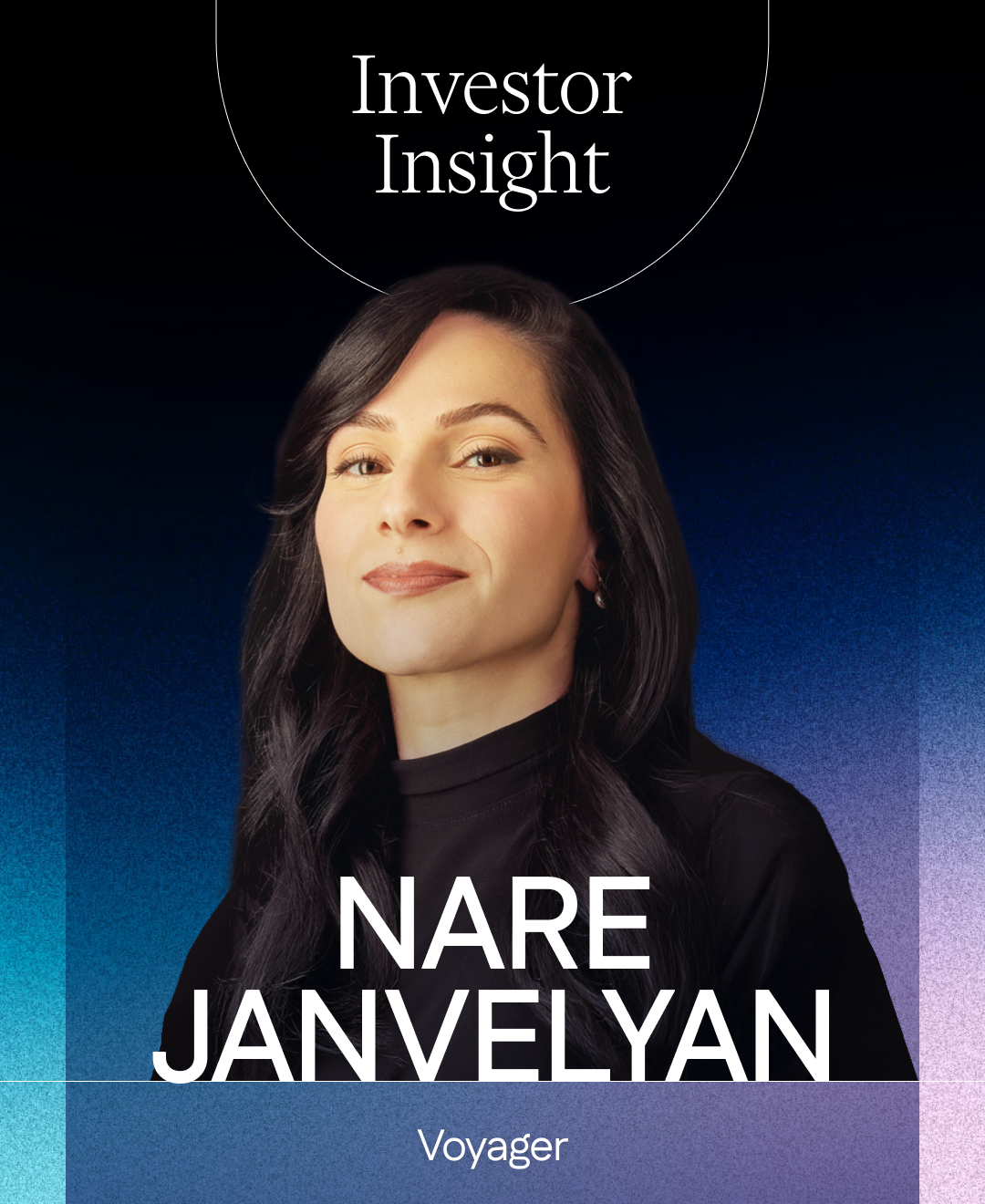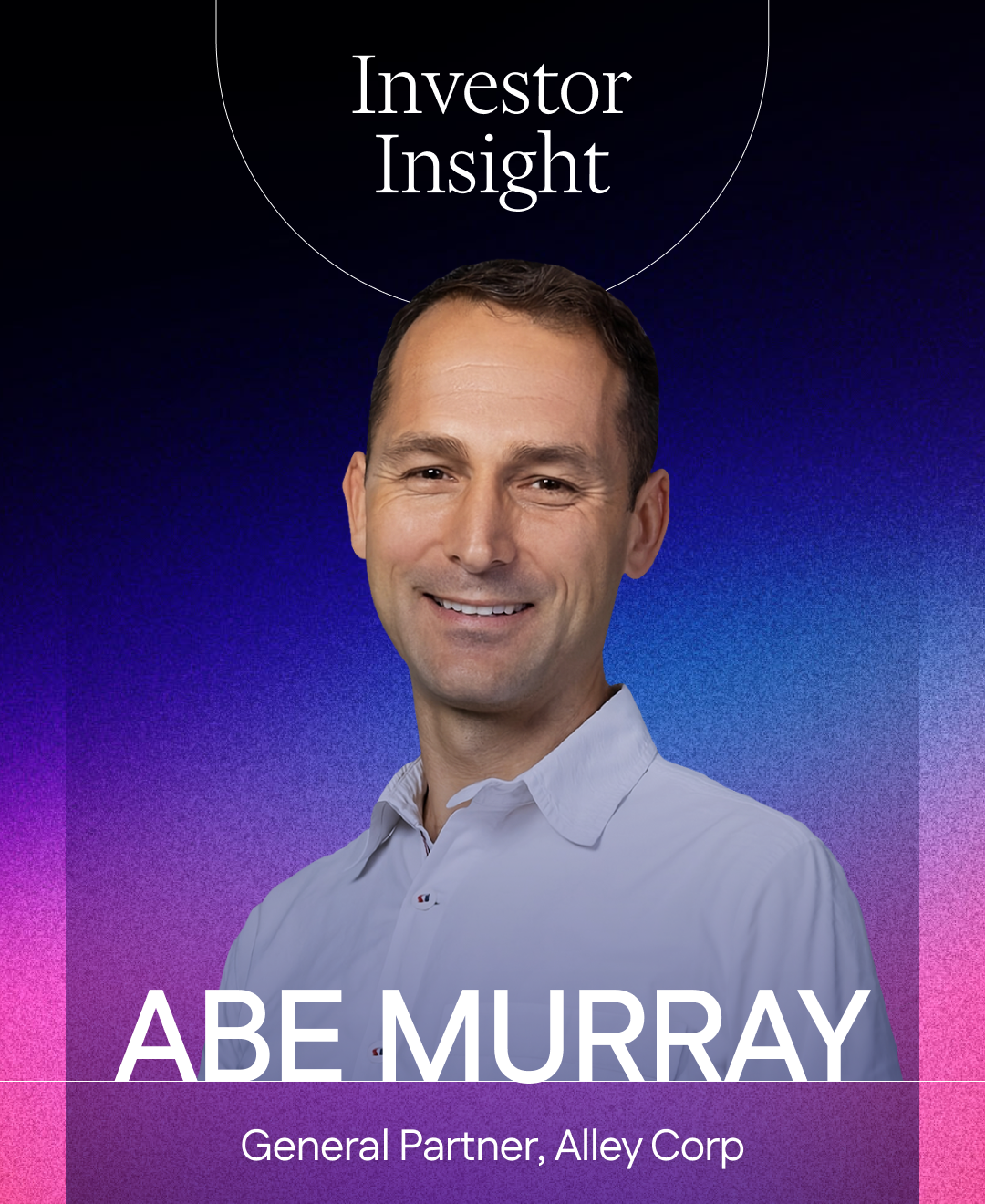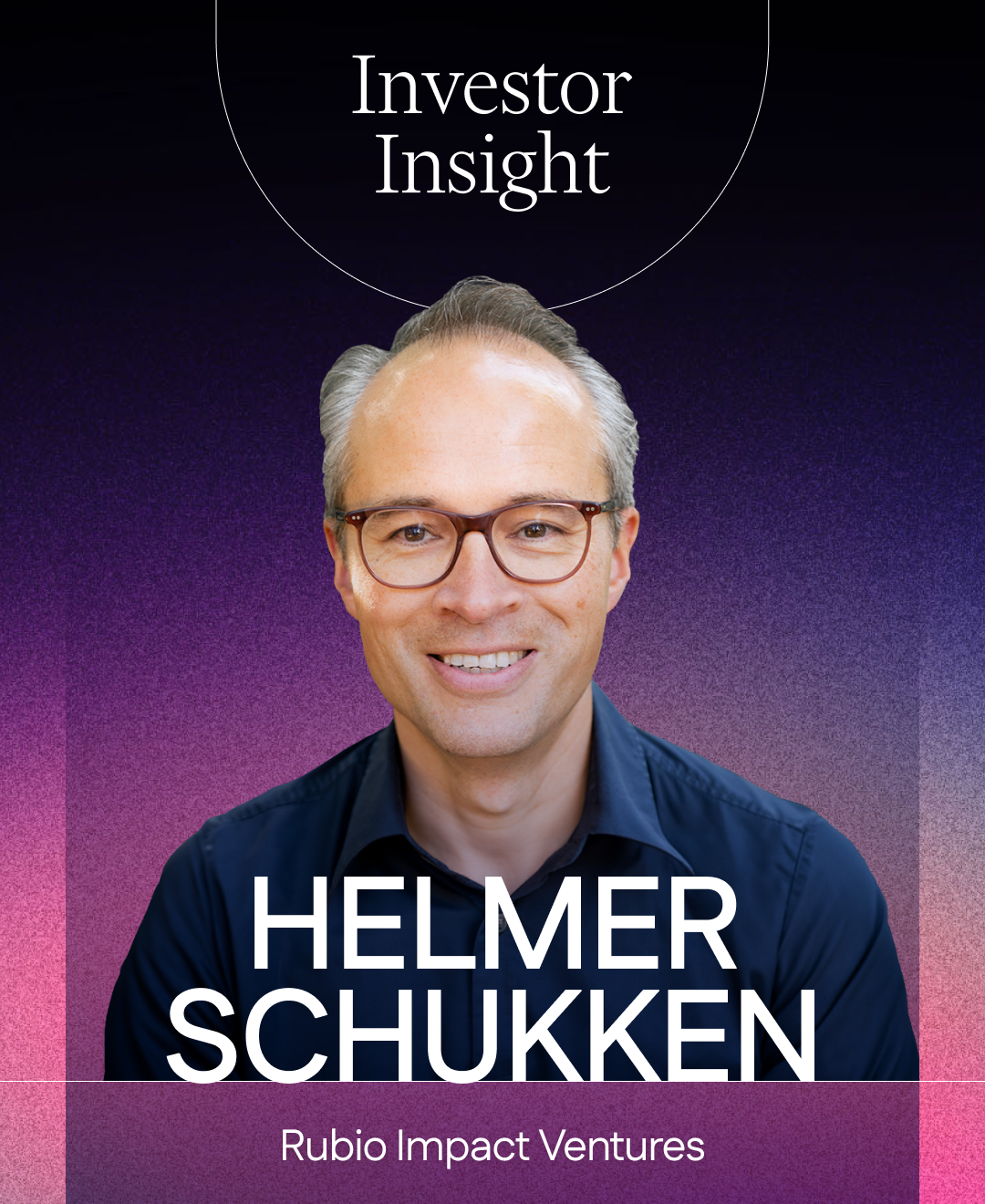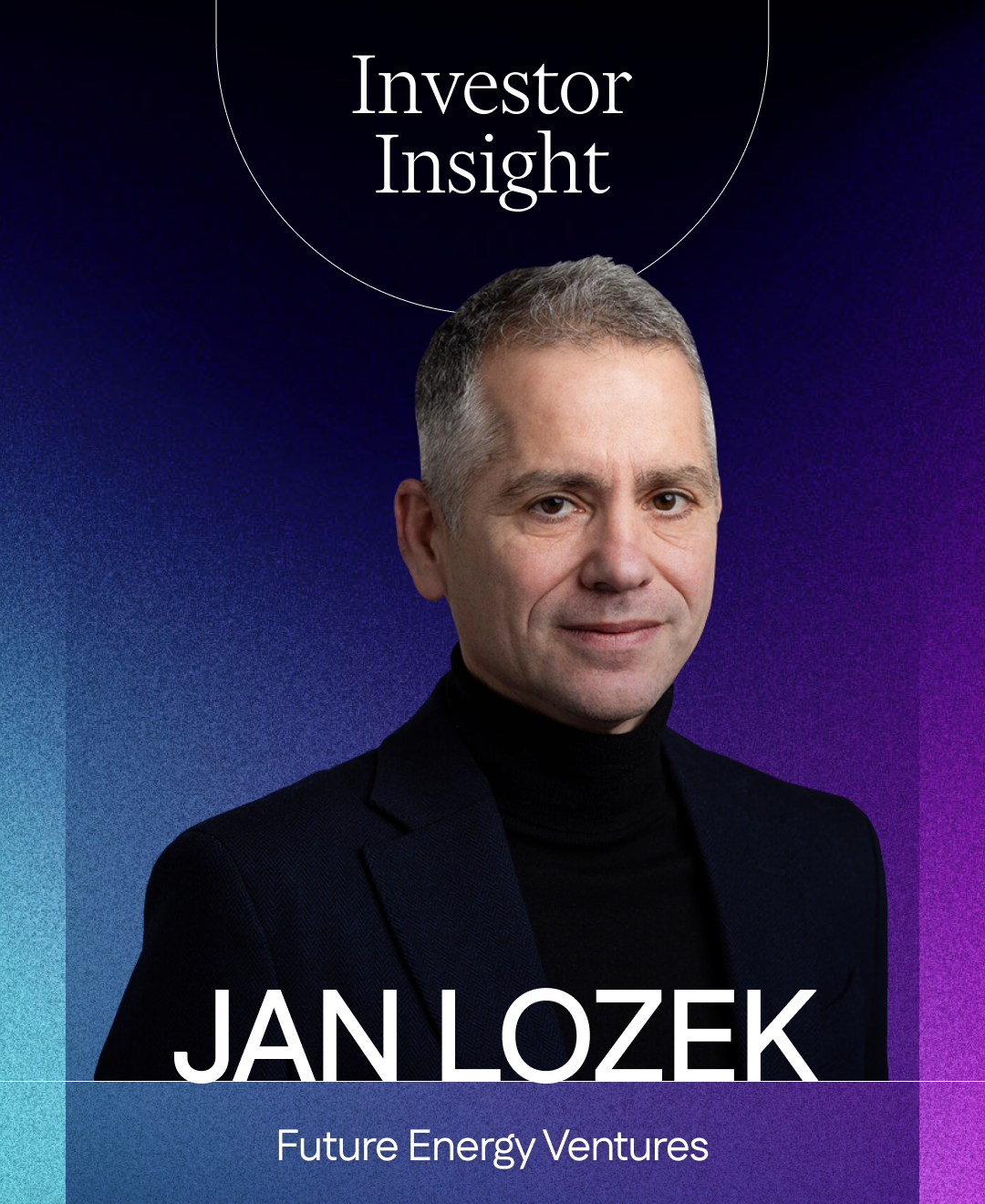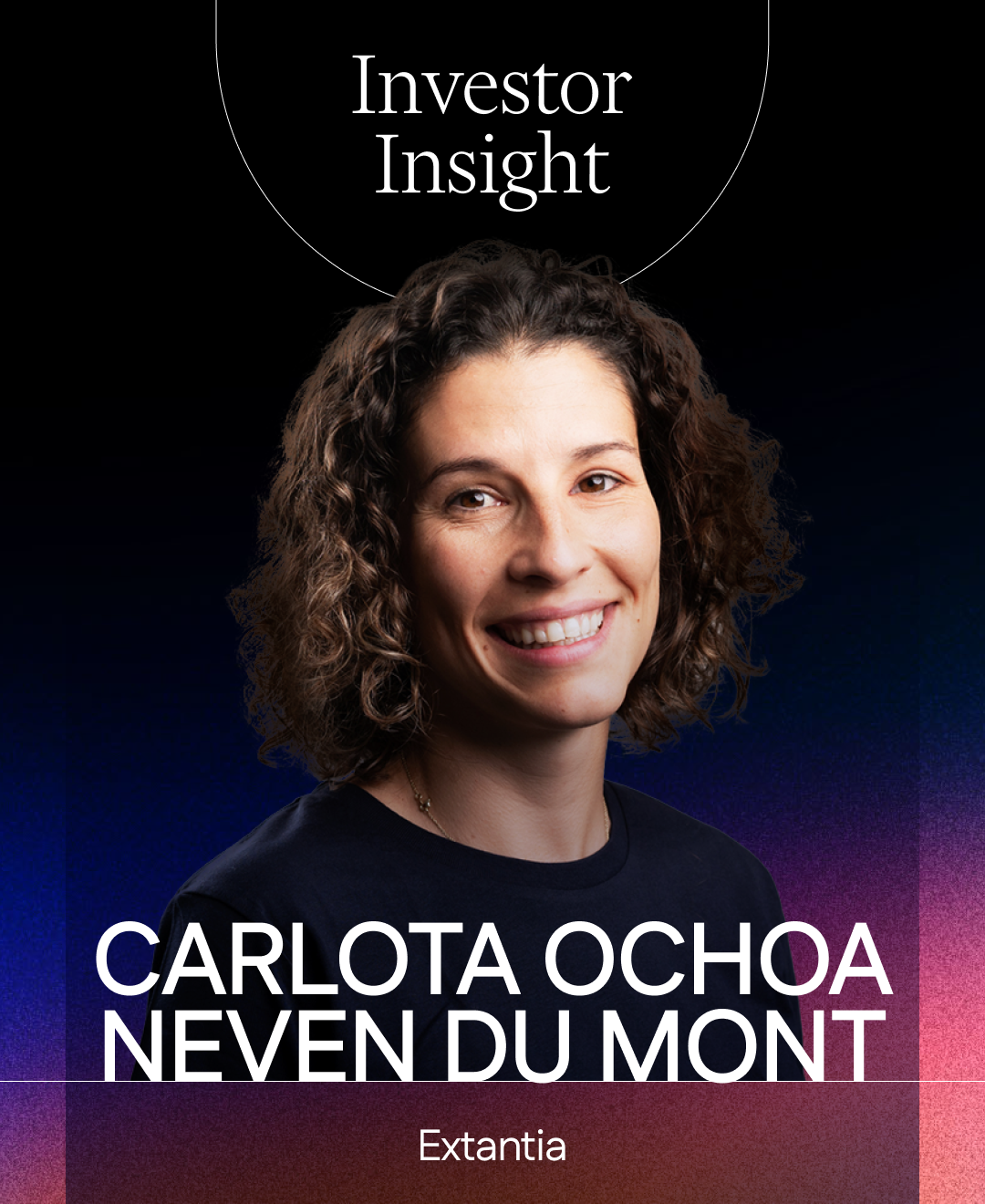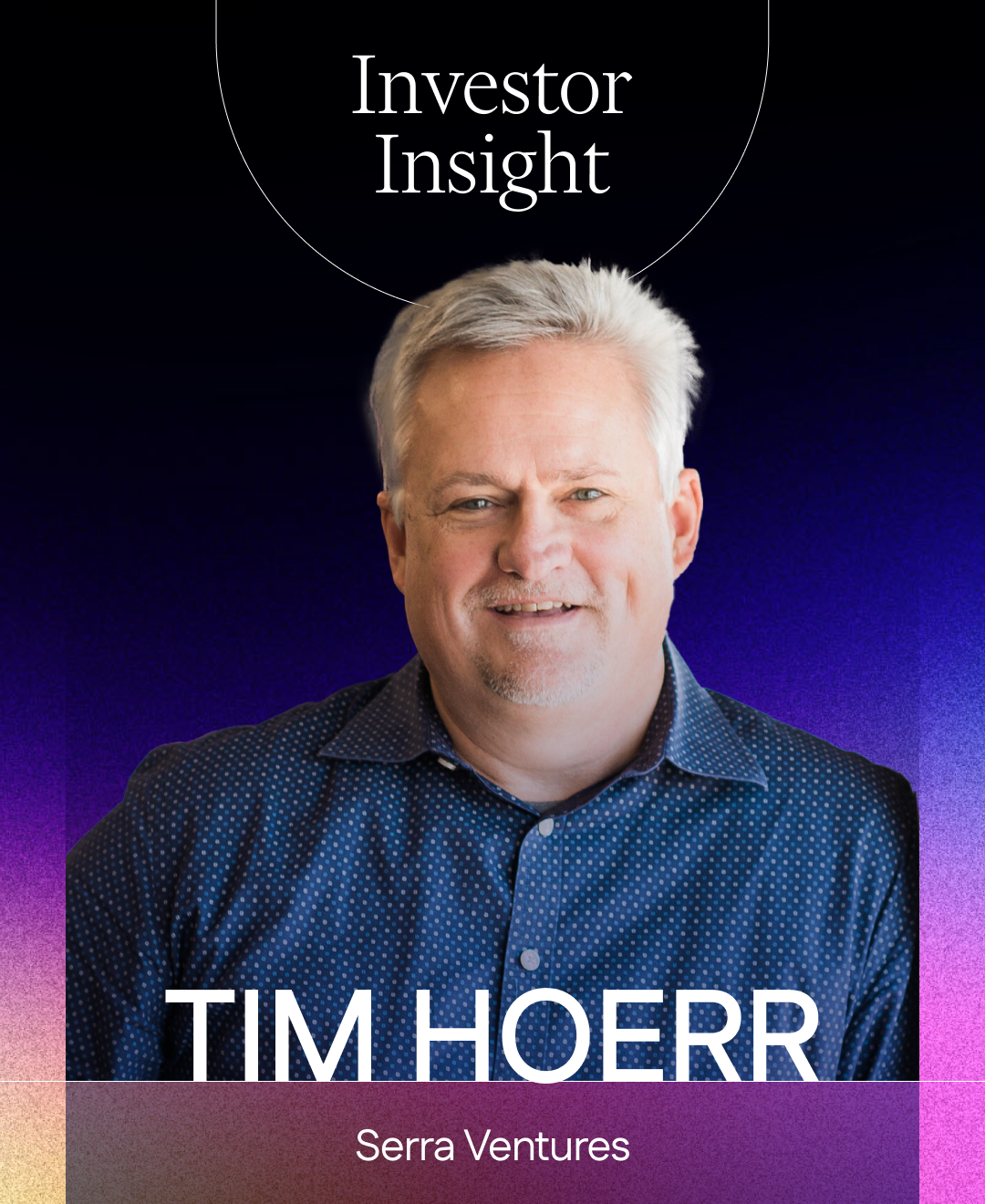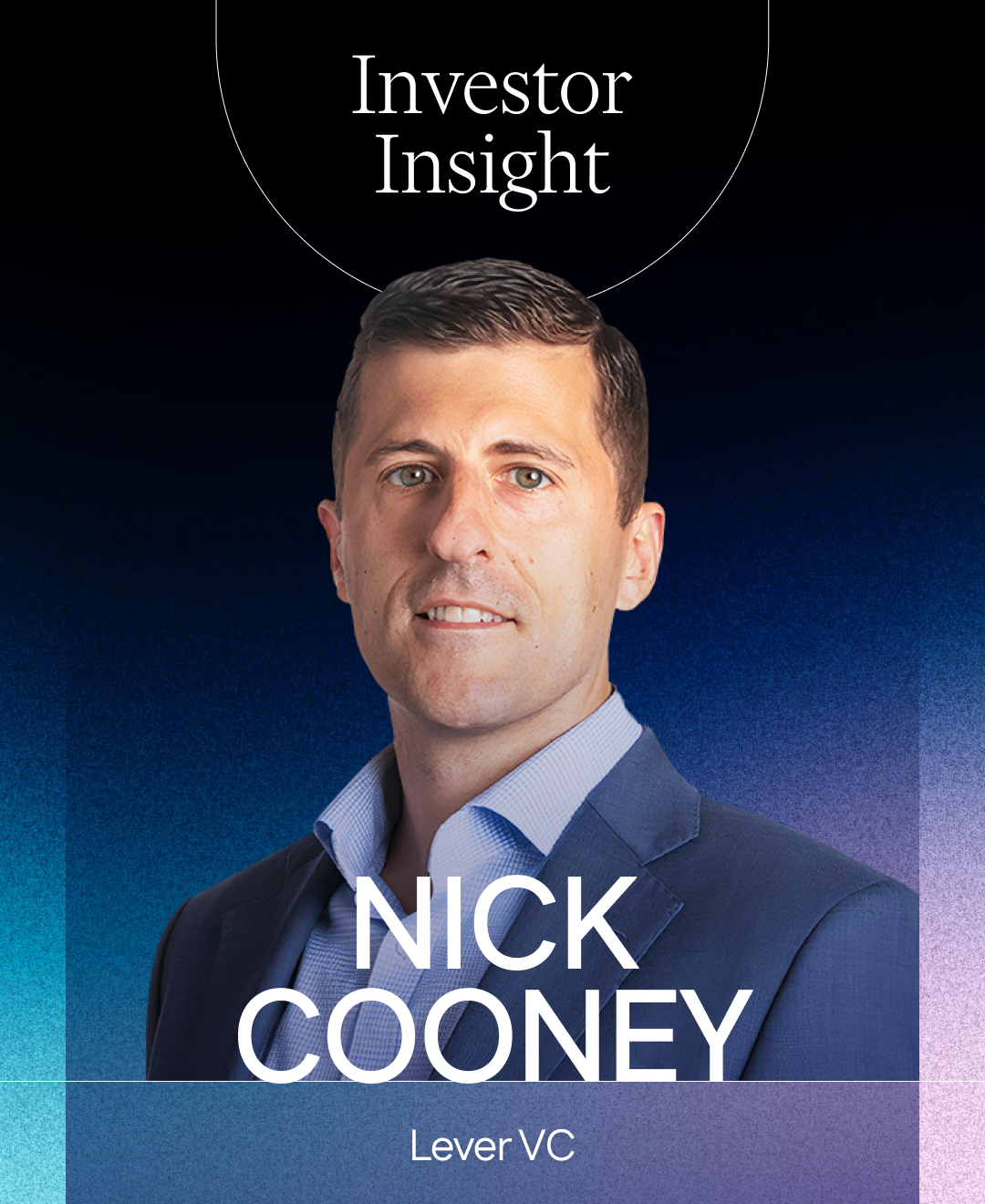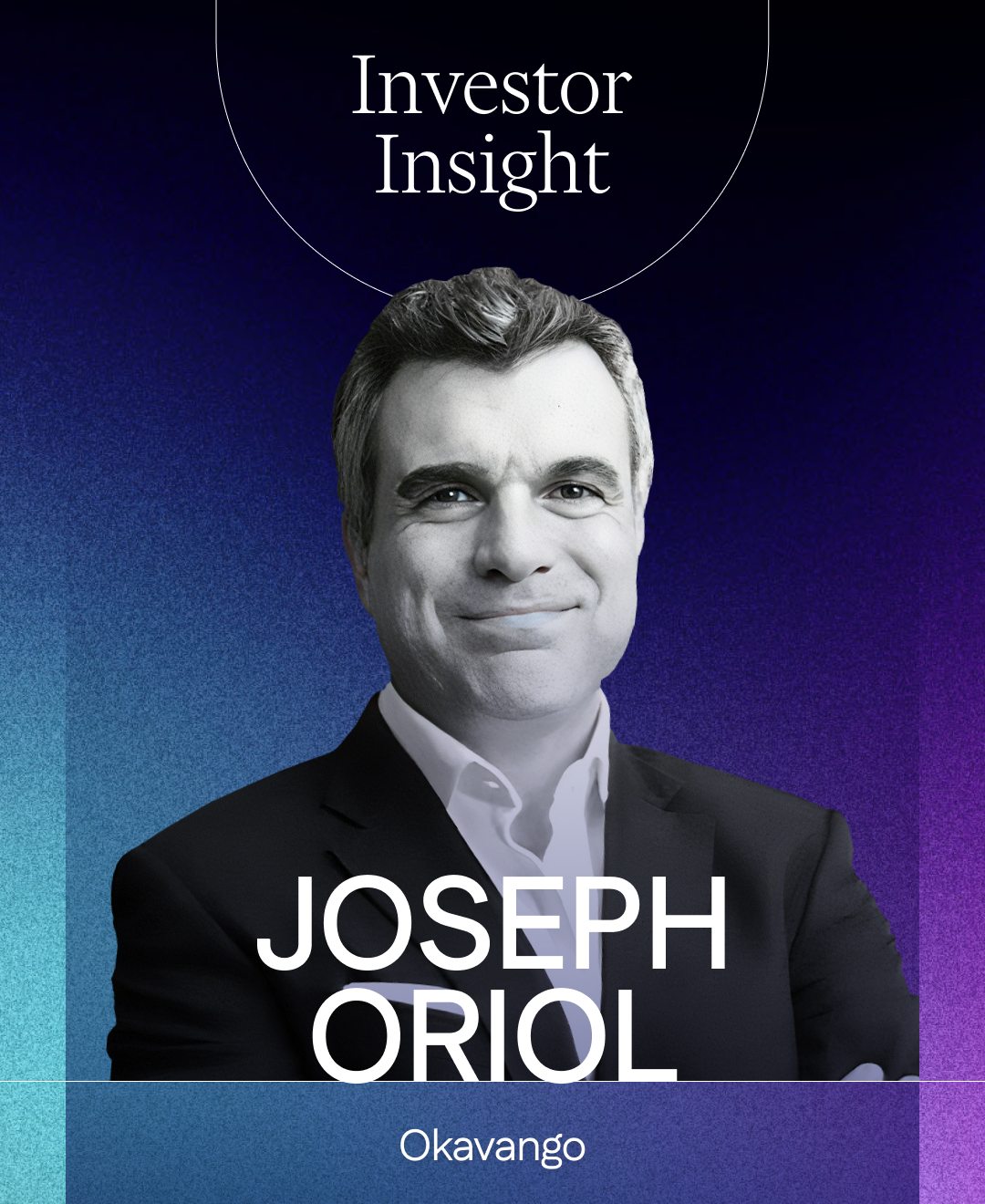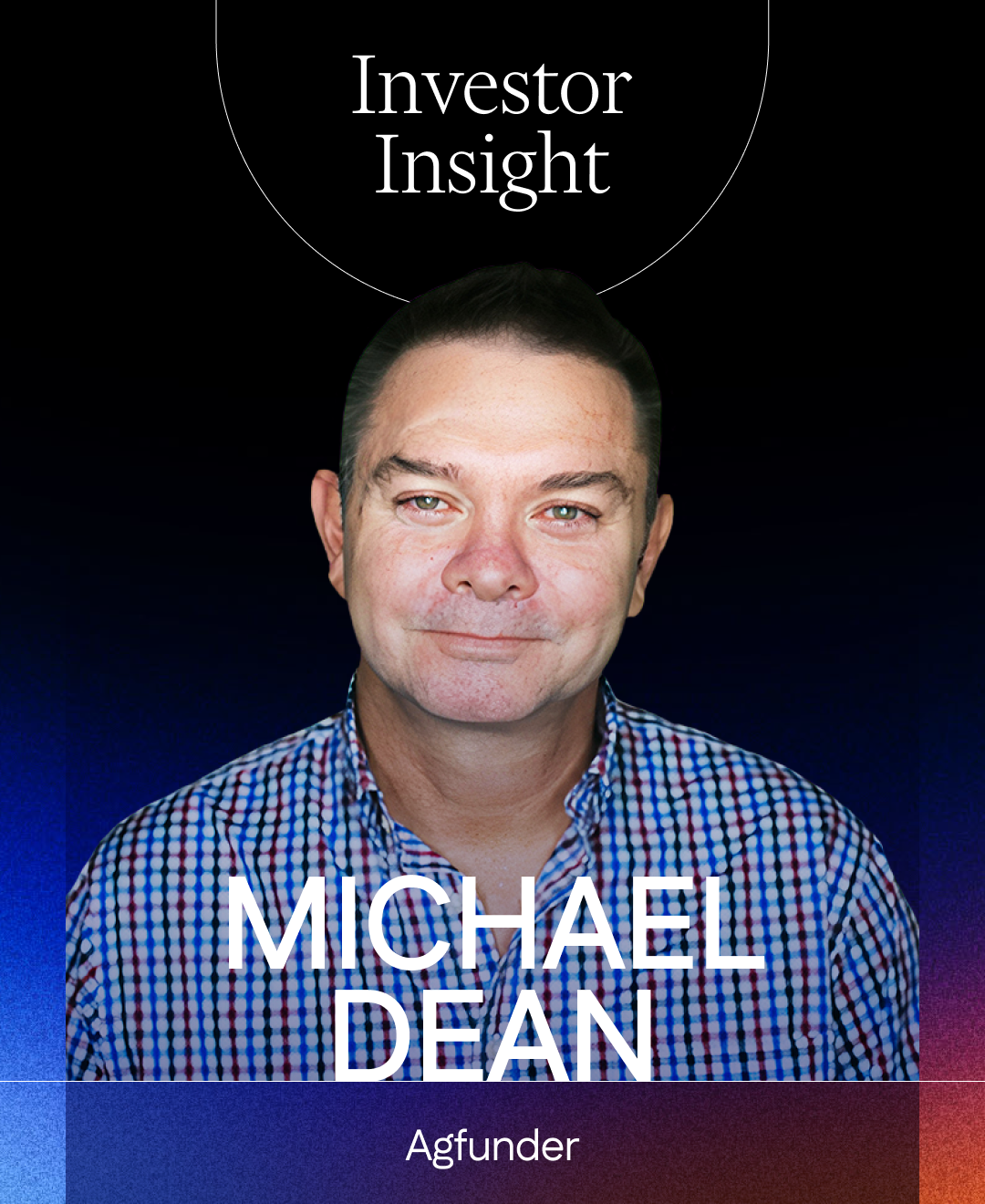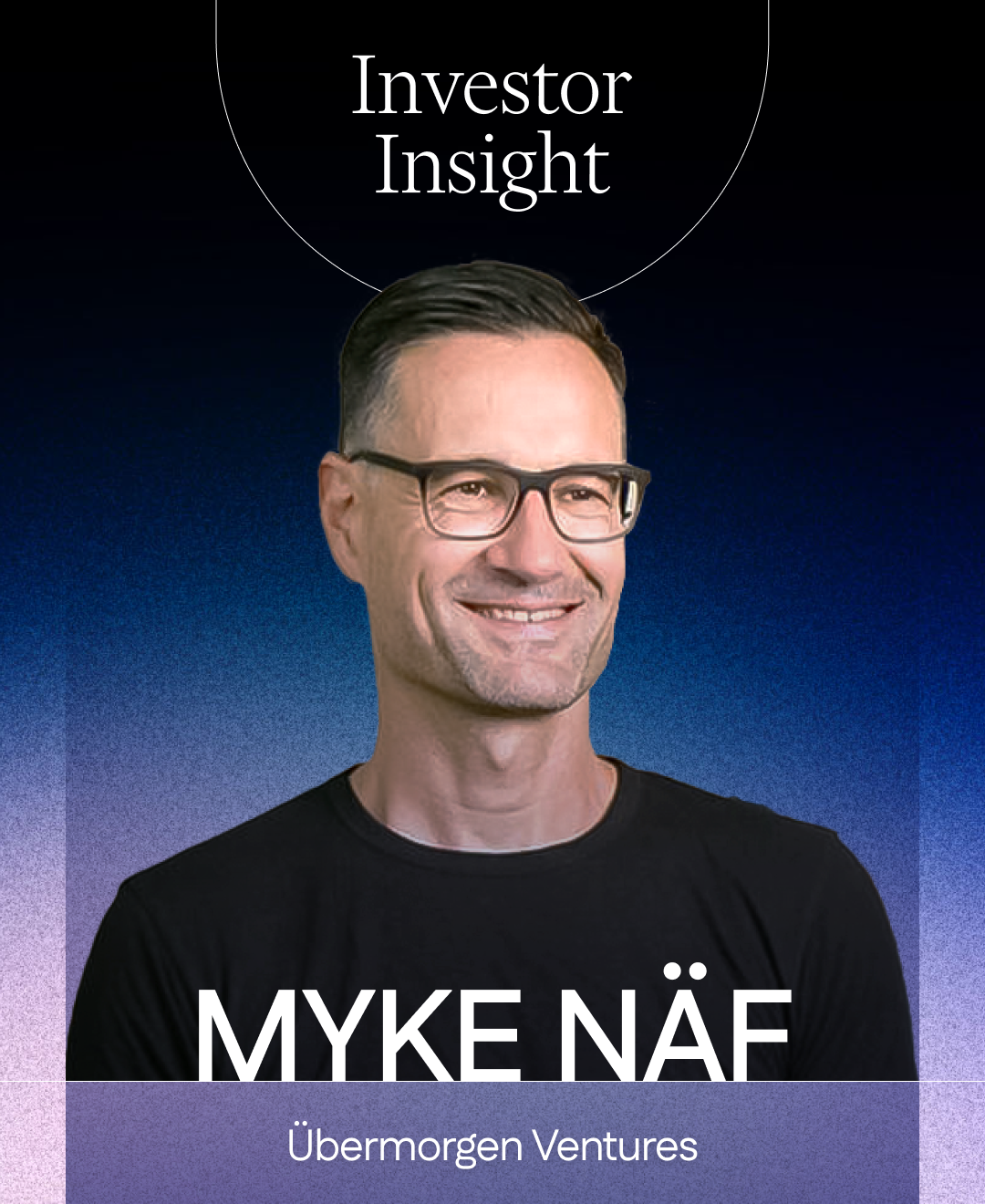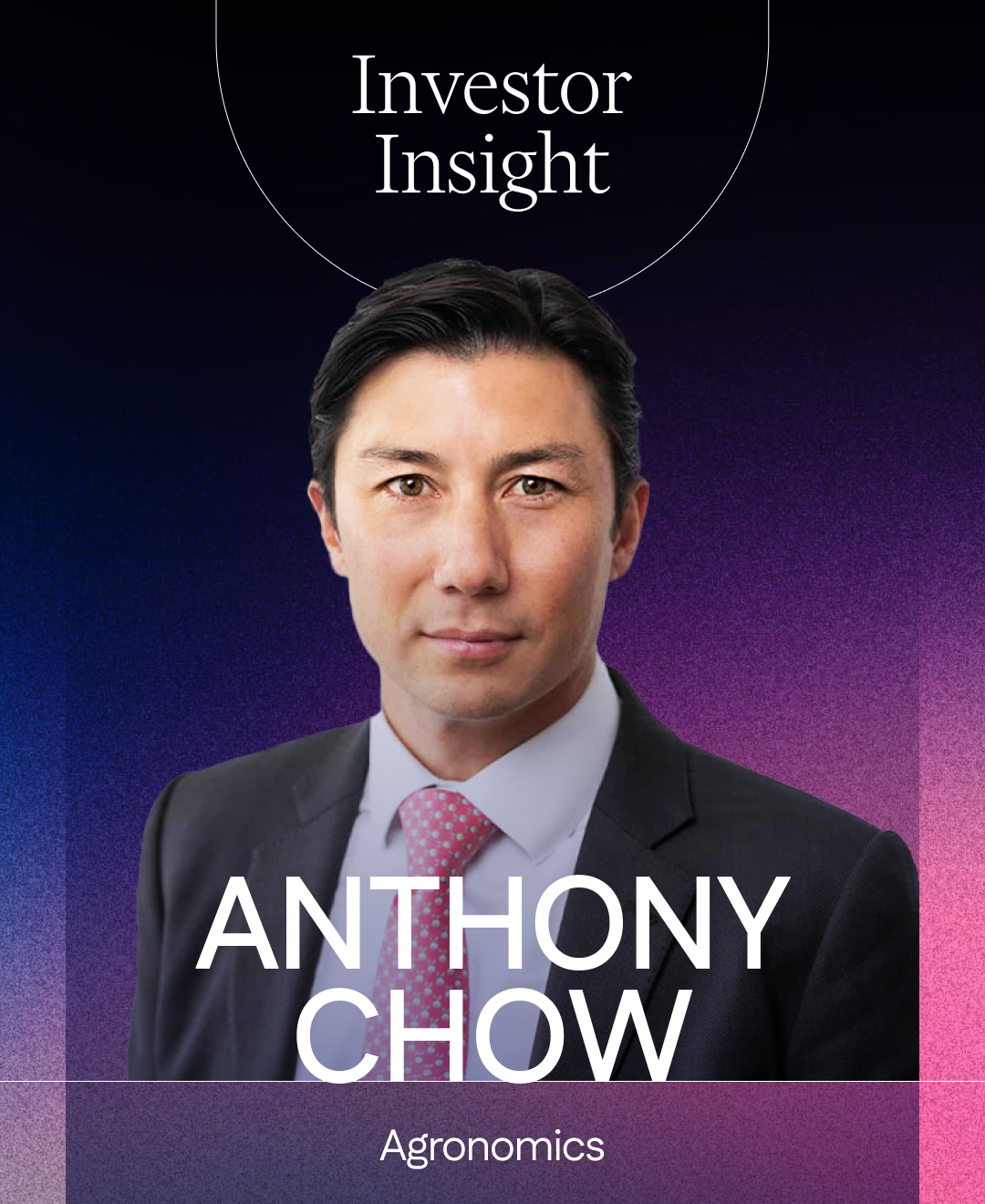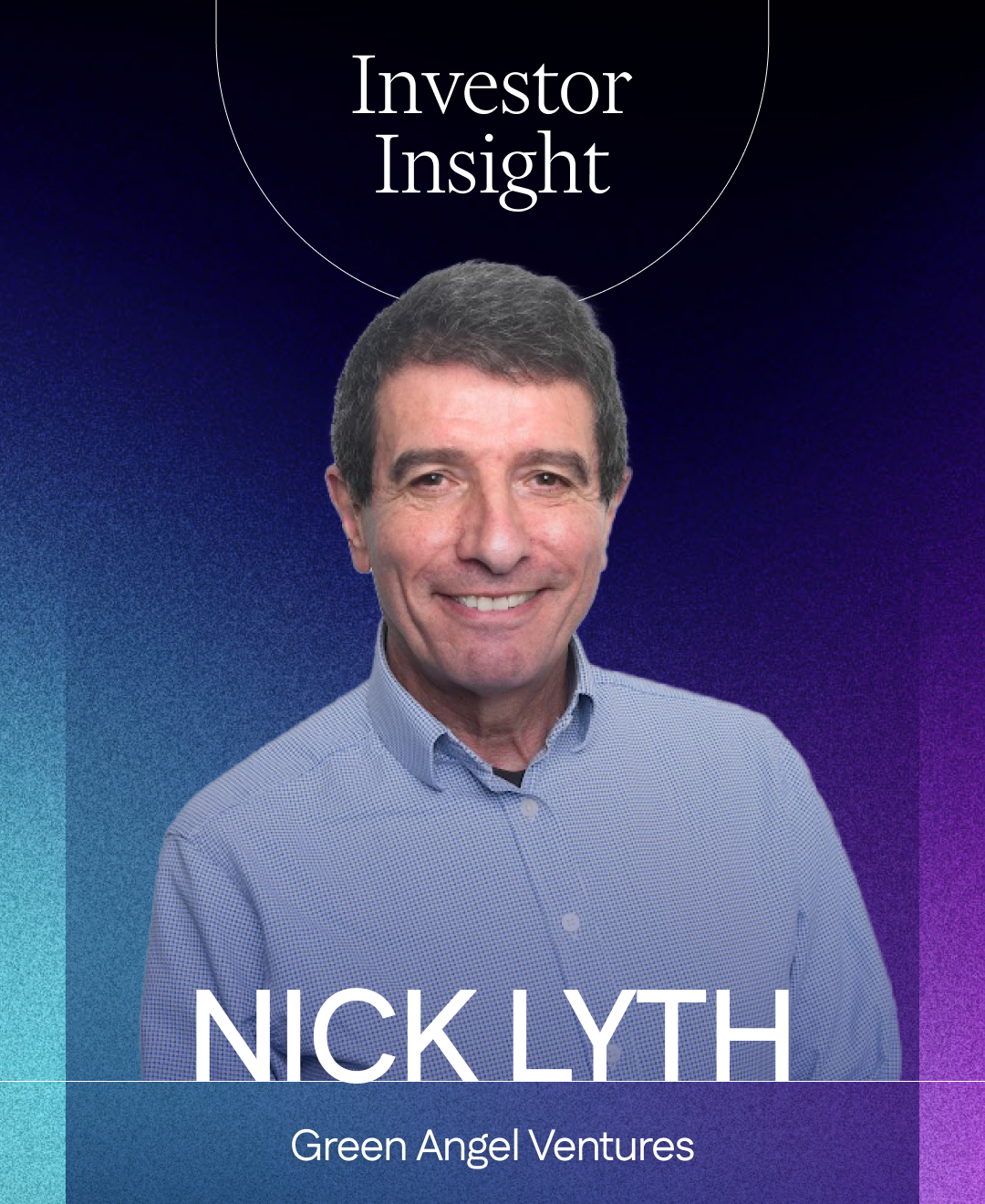.png)
ArcTern Ventures
- Stage you invest: early growth-stage companies (particularly those undergoing Series A or B funding rounds)
- Fund Size: $335 million for their Fund III
- Industry Verticals: Clean Energy; Energy Efficiency and Storage; Circular Economy; Advanced Manufacturing and Materials; Mobility; Food Systems
- Geographies: Global (North America, Europe)
- Portfolio Companies: King Energy; Palmetto; Carbon America; Mosa Meat; Emitwise; and more
Over the course of our conversation, Tom provided a number of great insights into his particular brand of climate investing.
Tom Rand is a lifelong entrepreneur, and has dedicated his career to moving the needle on carbon emissions. After successfully building and selling a software company in the early 2000s, Tom pivoted to climate-focused investing and co-founded ArcTern Ventures in 2012.
Tom’s mission-driven approach to investing goes beyond simple financial returns, he told us. "I became an investor not because I wanted to be an investment professional, but because I want to move the needle on carbon," he said.

"At the end of the day, the only way you reduce greenhouse gas emissions is by building a significantly scalable company in a large market. If you're not doing that, you're not moving the needle. [...] So, it's directly tied to market size, ability to disrupt the market, and all that."
When we asked about the impact of recent global economic changes on Tom's investment criteria, he said it had not changed. "We play a long game," he said. "I think the single most important macroeconomic variable of this century is climate risk, [and] that risk doesn't go anywhere."
When evaluating potential investments, Tom said he and ArcTern look for a combination of factors. He noted that a great team and deep intellectual property are valuable, but they're not the only considerations. Tom likes to see startup founders with previous entrepreneurial experience, saying that "ultimately, you're betting on a team and a CEO. Both are critical." Ideally, the startups they invest in would also have a protected moat around their technology and deep intellectual property.
Tom is quick to point out that they don’t just look at business plans, however.
"We don't invest in business plans," he tells us. "We invest in technology."
.png)
But not just any technology. For Tom, interesting deals aren't necessarily the ones you'd expect in the climate tech space. While climate investors often want to invest in apps and software because they're high margin and easily replicable, Tom wonders how effective such solutions might often turn out to be.
"That’s nice," he says of app- and software-based climate tools, "but you can't solve climate without rewiring infrastructure,” and adds that part of this huge task involves changing how large energy projects are built. He takes a hard look at companies working in areas like this.
"Infrastructure and technology are like oil and water," he said. “Climate tech is a rewiring of the economy. Tomorrow's energy systems won't look like today's."
This perspective means that Tom and ArcTern seek out companies that can revolutionise industrial processes, energy production, large-scale energy storage systems, and cellulose-based chemical inputs for the creation of synthetic fuels and related outputs. Tom acknowledges that these areas are challenging, but he believes they offer the greatest potential for impact.
"Investors who figure out how to play that piece are the ones making a difference," he said.
These are admittedly complex development areas, and in light of that Tom says he has "a particular view of risks with tech." He approaches them “at the systems level, as opposed to the component level."
_.png)
We asked Tom whether he preferred first movers or better movers among the companies he invested in.
"Really good question," he said. "It depends." He told us first movers are in a great position if they have big moats and the market is solid. But it's harder for first movers trying to create a market, he said, and that "it's often more efficient to be a fast follower" of someone else's first-mover success.
To illustrate his point, he gave the example of long-duration energy storage. He pointed out that without the market signal to encourage utility-scale batteries for renewable energy, you might be able to build the best, biggest 12-hour battery on earth, "and no one cares. [...] It's hard to do. It's much easier to fast follow and do something better than someone who's gone there before."
Tom's advice to startups seeking investment in the current market emphasised that it's extremely important to convey to investors that "you're the best at what you do."
He said storytelling plays a huge role for founders seeking success and funding. Convincing an investor that you're the best in your field is "part narrative, part storytelling, part pitching, and part being persistent."
"But at the bottom, you've really got to believe the opportunity you have is the best thing since sliced bread, because that's what investors are looking for."
.png)
Interestingly, Tom's views on the relative importance of “great team” versus “great idea” have evolved over time. Tom told us that lately he prefers a great team to a great idea in a company he might invest in. "No matter how great the idea is," he says, "without the right team, it doesn't go anywhere."
Perhaps most surprisingly, Tom believes that we've invented everything we need to solve the climate crisis already.
"It's about deployment now," he says. "100 per cent about deployment, regulation, and finance. The innovation is on the human side, not the technology side, frankly. And I think that's really empowering."
As the climate tech sector continues to evolve, investors like Tom Rand play a huge role in shaping its trajectory. By focusing on scalable, impactful technologies and the teams that can bring them to market, they're working to ensure that the innovations of today become the climate solutions of tomorrow.
From all of us at Brighter Future, we’d like to thank Tom enormously for his time in sitting down with us, and we wish him and ArcTern nothing but the greatest possible success going forward.
To learn more about ArcTern Ventures, please visit www.arcternventures.com.
Let’s Start Building Your Story
Book a call or email us at mission@brighterfuture.studio to begin crafting your inside-out narrative.



